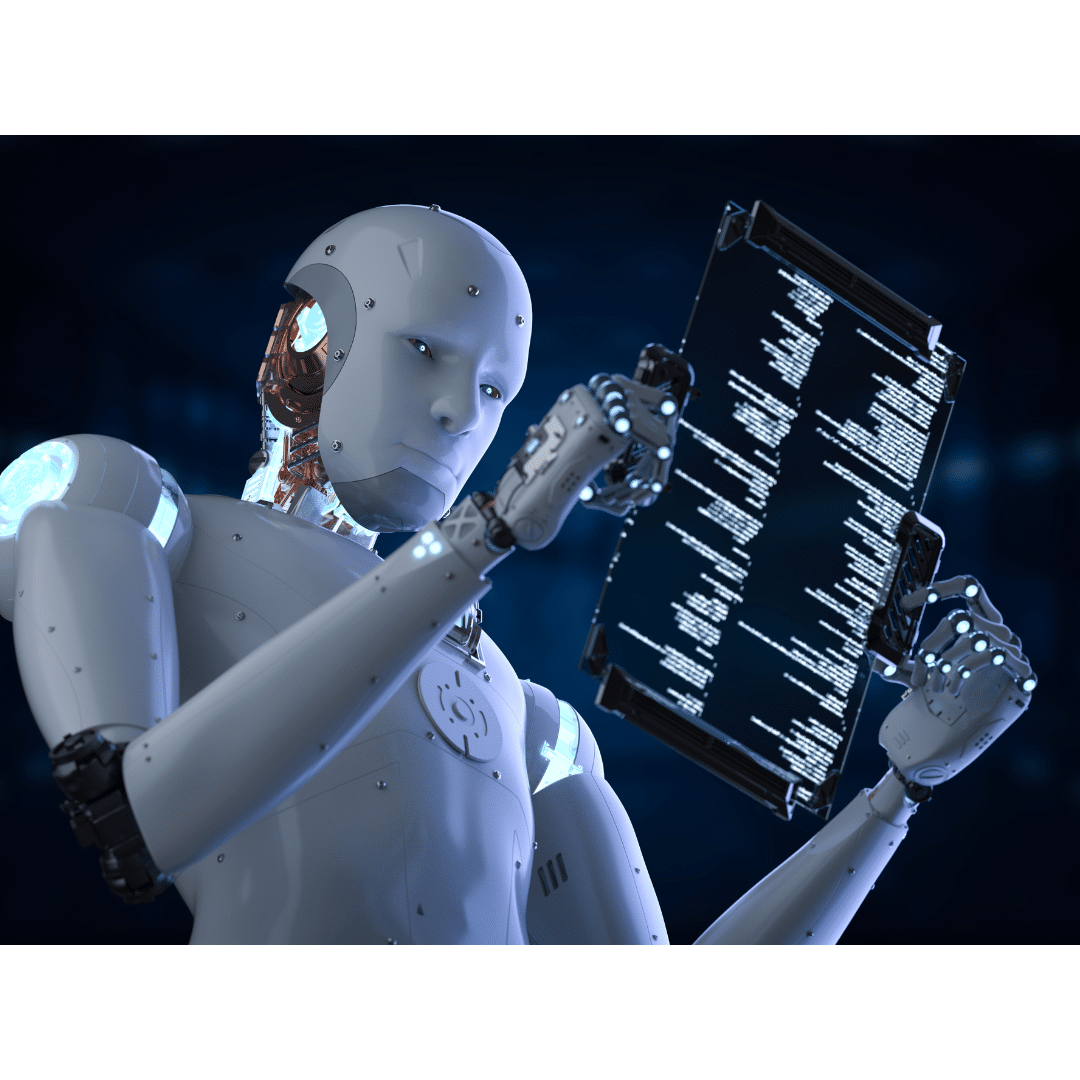Artificial Intelligence (AI) is rapidly transforming the workplace, redefining job roles, and altering the skills required for future success. A question recently raised asked, “How will AI affect the way people work in the future? What impact will it have on the jobs humans do?” This is a pressing topic that touches on technological advancements, economic shifts, and the evolving nature of work.
Table of Contents
ToggleThe Impact of AI on Job Roles
AI and automation are set to revolutionize the labor market by streamlining operations, enhancing productivity, and creating new opportunities. However, they also pose challenges that need to be addressed.
- Elimination of Low-Skill Jobs: AI and automation are expected to phase out many low-skill jobs. Research suggests that positions requiring an IQ of 73 to 90 will be the most affected. These roles, often characterized by routine and repetitive tasks, will likely be automated, shifting the job market towards more complex and higher-skilled roles.
- Rise of High-Skill Jobs: As low-skill jobs diminish, there will be a corresponding increase in demand for high-skill positions. These jobs will require advanced cognitive abilities, problem-solving skills, and the capacity to work with sophisticated AI tools and systems. The average employable IQ is projected to rise, with entry-level positions requiring the ability to think in abstract terms and communicate effectively.
- Emergence of New Job Categories: AI will create new job categories that do not currently exist. These roles will focus on managing, programming, and maintaining AI systems, as well as interpreting AI-driven insights to make strategic business decisions.
- Enhanced Productivity and Efficiency: AI can handle large volumes of data and perform complex calculations at speeds unmatched by humans. This will lead to significant improvements in productivity and efficiency across various industries. Workers will be able to focus on higher-value tasks that require human creativity and strategic thinking.
The Skills Needed for Future Work
The integration of AI into the workplace necessitates a shift in the skill sets required for employees to thrive. Here are some key skills that will be crucial in the AI-driven future:
- Digital Fluency: Understanding and leveraging digital tools and platforms will be essential. Employees will need to be proficient in using AI-driven software and systems to enhance their work.
- Advanced Communication Skills: Effective communication, both written and verbal, will become increasingly important. The ability to articulate complex ideas and collaborate with AI systems will be critical.
- Critical Thinking and Problem-Solving: As AI handles routine tasks, human workers will be expected to tackle more complex problems. This requires strong critical thinking skills and the ability to devise innovative solutions.
- Adaptability and Continuous Learning: The rapid pace of technological change means that workers will need to be adaptable and committed to lifelong learning. Keeping up with advancements in AI and related fields will be necessary to remain competitive in the job market.
- Emotional Intelligence: While AI can handle data and perform tasks, human interaction and empathy remain irreplaceable. Emotional intelligence will be crucial in roles that require teamwork, leadership, and customer interaction.
Challenges and Considerations
While AI offers numerous benefits, it also presents challenges that need to be addressed:
- Job Displacement: The automation of low-skill jobs will result in significant job displacement. It is crucial to develop strategies to support affected workers through retraining and reskilling programs.
- Economic Inequality: There is a risk that the benefits of AI could exacerbate economic inequality. Ensuring equitable access to education and training opportunities will be vital in preventing a widening skills gap.
- Ethical and Legal Implications: The use of AI raises ethical and legal questions, particularly around privacy, data security, and decision-making processes. Establishing robust regulatory frameworks will be essential to address these concerns.
- Integration with Existing Systems: Integrating AI with existing business systems and workflows can be complex and requires careful planning. Organizations must invest in the necessary infrastructure and training to ensure a smooth transition.
In conclusion, AI is poised to transform the future of work, offering both opportunities and challenges. By understanding the impact of AI on job roles and preparing for the skills required, individuals and organizations can navigate this transition successfully and harness the full potential of AI to drive innovation and growth.

How Can We Help with your Business Transformation
At Third Stage Consulting, we’re committed to helping organizations navigate the complexities of digital transformation. Whether you’re embarking on a new transformation journey or seeking to optimize existing processes, our team is here to support you every step of the way.





